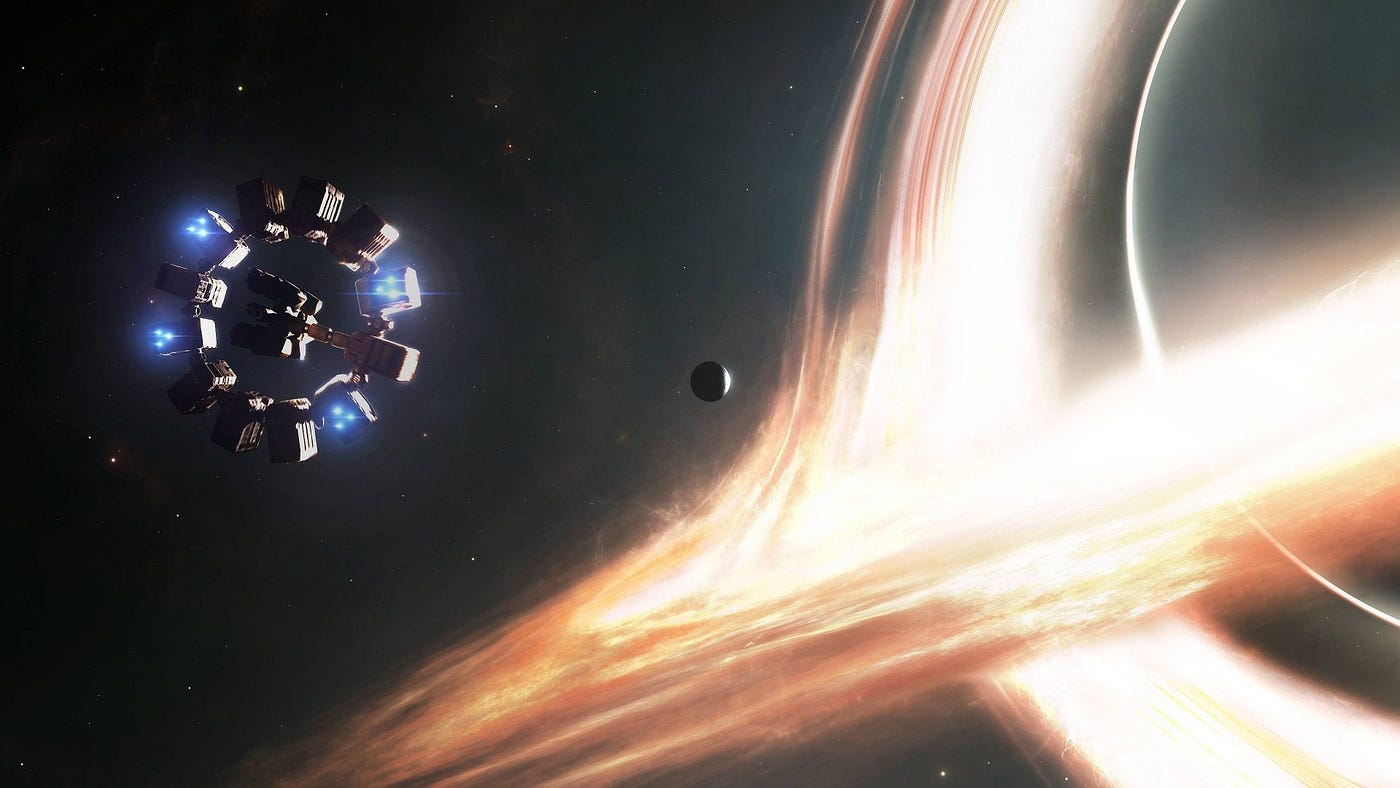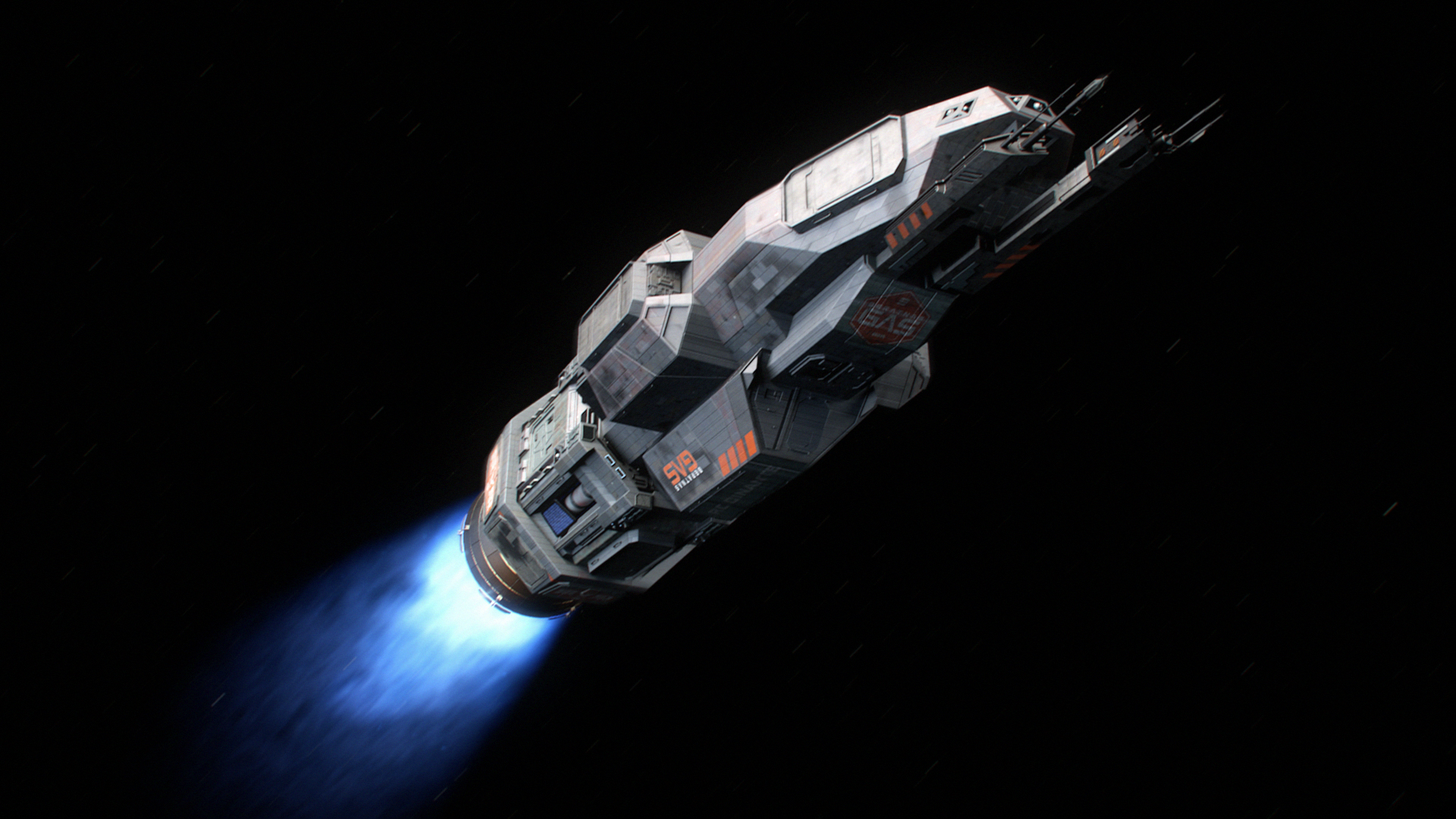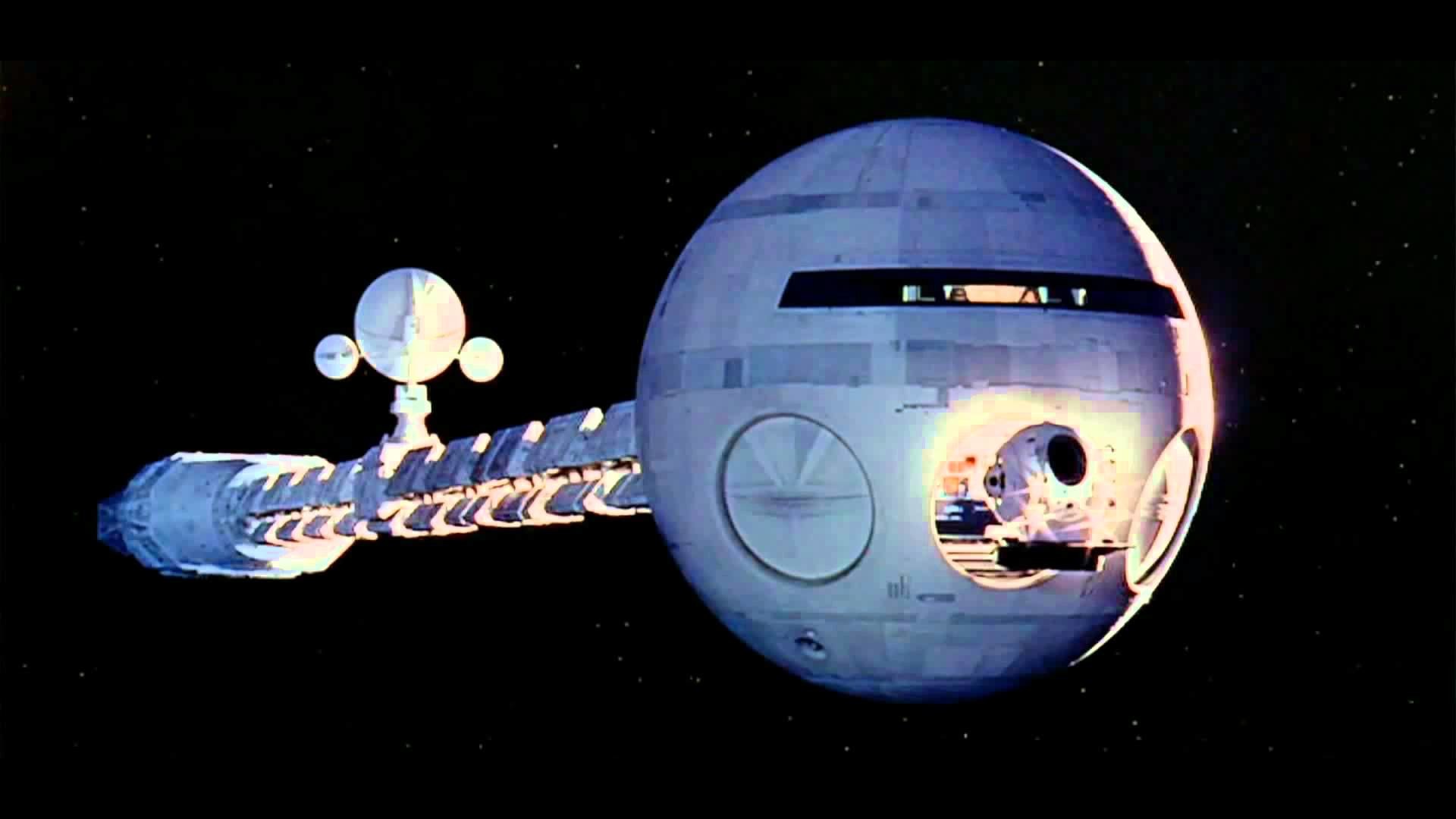Space travel films have been a part of the TV industry for few decades. This is because the visuals of Sci-Fi works often win our hearts. Unfortunately, despite this, there are no realistic spaceships in them. Instead, based on the plot requirements, they create a fictional spaceship. Also, its design depends on whims and fancy.
In most cases, makers consult the experts and produce a film that shows the future of space travel. In addition, many movies feature displays of spacecraft. However, sadly most of these spacecrafts aren’t scientifically accurate.
Scientists have analyzed ‘The Millennium Falcon’ and ‘USS Enterprise’ and discovered that they don’t hold up. Nevertheless, some of them pass these tests. Thus we can consider these Spacecrafts to be Most Scientifically Accurate Fictional Spaceships. The following are a few fictional spaceships that are most scientifically accurate.
‘Endurance’ from the ‘Interstellar‘ movie:

The Spacecraft ‘Endurance’ has four auxiliary craft onboard the ship. Ranger vehicles are single-stage and fast. In addition, they designed agile landers for surveillance and planetary landings. Contrary to the current trend of computer-animated 3D spaceships, “Interstellar” utilizes physical miniatures. An actual model catches the light and moves more realistically than computer graphics.
‘USCSS Nostromo’ from the movie ‘Alien.’

Weyland-Yutani Corporation was the owner of The United States Cargo Star Ship (USCSS) Nostromo. They primarily used this Spacecraft for haulage between Thedus and Earth. It was the first human ship to land on LV-426 in the Alien timeline.
‘The Rocinante’ from the movie ‘The Expanse.’

The Roci or Rocinante fills multiple roles as a boarding party insertion ship or torpedo bomber. Rocinante’s initial name was Donnager (ECF 270) after an MCRN battleship. James Holden renamed it after he and his crew were able to escape from the Donnager.
‘Discovery One’ from the film ‘2001: A Space Odyssey.’

Captain Robert Scott’s ship, Discovery, was launched in 1901. Walter Curnow designed the’ Discovery’ Spacecraft for Project Jupiter C (1994) in 2001: A Space Odyssey film adaption.
‘The Nauvoo’ from the movie ‘The Expanse.’

The massive Spacecraft, originally known as the Nauvoo, serves many purposes throughout the movie’s plot. First, this vessel was intended for Mormon missionaries to travel deep into space, then as a space rocket to destroy an asteroid, and finally as an interstellar communications station.
‘Hermes’ from the movie ‘The Martian.’

Throughout the film adaptation of Andy Weir’s “The Martian,” Ridley Scott uses a vast range of authentic, as well as extrapolated, space hardware. Yet, ironically enough, the Hermes can be criticized for being a little too fancy despite its mundane nature.
‘The Firefly‘ from the movie ‘Serenity.‘

The Spacecraft named ‘Firefly’ has quite a reputation for being one of the most realistic Spacecrafts ever shown in a movie. The reason behind this is that many features of this vessel are authentic aeronautic designs. Additionally, it includes control Yokes, Throttles, and Oxygen masks.
So, Here are the Fictional Spaceships that are the most scientifically accurate. Which of these Spacecrafts are your favorite? Let us know in the comments.
Thank You For Reading!








